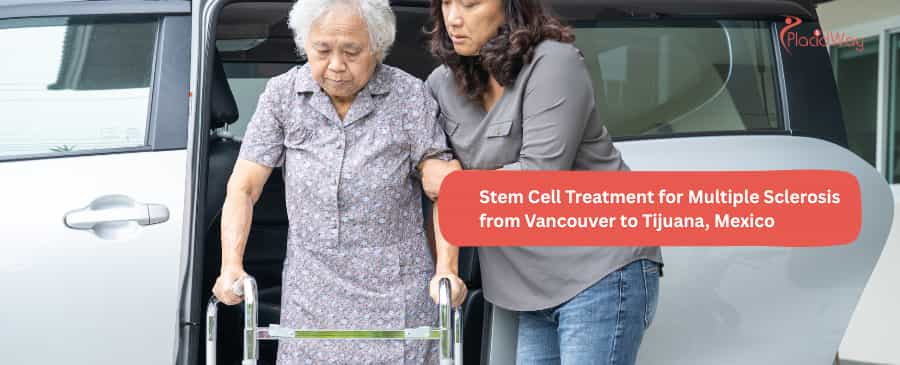
Key Takeaways
- Primary Goal: Stem cell therapy for Multiple Sclerosis (MS) in Tijuana primarily uses Mesenchymal Stem Cells (MSCs). The goal is not a cure, but to modulate the immune system, reduce inflammation, and potentially slow disease progression and improve quality of life.
- Accessibility for Canadians: Tijuana is a major medical hub for Canadians, especially from Vancouver, due to its proximity (via San Diego) and ability to offer advanced treatments not yet standard in the Canadian public healthcare system.
- Cost Savings: Patients can expect significant savings. A comprehensive MS stem cell protocol in Tijuana typically costs between $15,000 and $30,000 USD. In contrast, private HSCT (a different, more aggressive procedure) in Canada or the US, if one qualifies, can exceed $65,000 - $130,000 CAD.
Understanding Stem Cell Therapy for Multiple Sclerosis (MS)
Stem cell therapy for MS is an advanced medical procedure that uses stem cells to help manage the immune system, reduce inflammation, and potentially promote repair of nerve damage caused by the disease.
This innovative field, known as regenerative medicine, offers a new approach to managing chronic autoimmune conditions. Unlike conventional treatments that focus on managing symptoms or suppressing the entire immune system, stem cell therapy aims to address the underlying dysfunction and inflammation at a cellular level.
For MS patients, this means the potential to not only slow the disease but also to regain some lost function and improve overall quality of life.
What is MS and Why Consider Stem Cells?
Multiple Sclerosis (MS) is an autoimmune disease where the body's immune system attacks the central nervous system. Patients consider stem cells for their potential to halt this attack and repair the damage, offering hope beyond conventional disease-modifying therapies (DMTs).
In a healthy individual, the immune system protects the body. In MS, it mistakenly attacks the myelin sheath, the protective covering around nerve fibers. This damage, known as demyelination, disrupts the signals sent from the brain to the rest of the body, leading to a wide range of symptoms:
-
Fatigue and weakness
-
Numbness or tingling
-
Vision problems
-
Spasticity and mobility challenges
-
Cognitive "brain fog"
While Disease-Modifying Therapies (DMTs) are the standard of care in Canada, they primarily work by suppressing the immune system to reduce the frequency and severity of relapses. They do not repair existing nerve damage. Many patients also struggle with the side effects of DMTs or find their disease progresses despite treatment.
Stem cells are considered because they have two unique properties:
-
Immunomodulation: They can help "re-balance" the dysfunctional immune system, telling the attack cells to stand down and reducing the chronic inflammation that drives MS.
-
Regenerative Potential: They release growth factors and signaling molecules that can help protect damaged nerves and may encourage the body's own repair mechanisms.
Types of Stem Cells Used for MS (MSCs vs. HSCT)
Clinics in Tijuana primarily use Mesenchymal Stem Cells (MSCs), which are anti-inflammatory and have a high safety profile. This is different from Hematopoietic Stem Cell Transplantation (HSCT), a more aggressive procedure that "reboots" the entire immune system.
It is critical to understand this difference.
-
Hematopoietic Stem Cell Transplantation (HSCT): This is an intensive procedure (often studied in clinical trials in Canada) that uses chemotherapy to completely wipe out your existing immune system. It then uses your own hematopoietic (blood-forming) stem cells to grow a new, healthy immune system that no longer has the "memory" of MS. It can be very effective for aggressive, relapsing MS but carries significant risks.
-
Mesenchymal Stem Cells (MSCs): This is the primary treatment offered in Tijuana's regenerative medicine clinics. MSCs are "medicinal signaling cells" that are powerfully anti-inflammatory and immunomodulatory. They are typically sourced from the umbilical cord tissue of healthy, screened donors (allogeneic MSCs). They are administered through a simple IV infusion, have a very high safety profile, and do not require chemotherapy. The goal here is modulation and repair, not immune system ablation.
Did You Know? Mesenchymal Stem Cells (MSCs) are considered "immune-privileged," meaning they do not trigger an immune rejection response from the patient's body. This is why allogeneic (donor) MSCs from umbilical cords can be safely infused into any patient, eliminating the need for an invasive harvesting procedure.
Why Tijuana, Mexico, for Your MS Treatment?
Tijuana has become a leading medical tourism hub, offering advanced treatments like stem cell therapy that are not yet widely available or are prohibitively expensive in Canada, all just a short flight from Vancouver.
For decades, Tijuana has built a sophisticated medical infrastructure catering to international patients. Its clinics are often state-of-the-art, with doctors trained in both Mexico and the US. The primary reasons Canadians, particularly from the West Coast, choose Tijuana are:
- Accessibility: The specific MSC protocols offered in Tijuana are not considered standard of care in Canada and are therefore not offered through provincial health plans.
- Affordability: Costs are dramatically lower than for private treatments in North America.
- Proximity: The "Vancouver to Tijuana" journey is simple, quick, and logistically easy.
The "Vancouver to Tijuana" Medical Journey
For patients from Vancouver, traveling to Tijuana involves a simple flight (often to San Diego) and a seamless cross-border transfer arranged by the clinic, making the logistics surprisingly straightforward.
This is not a difficult journey. The most common route is to take a direct flight from Vancouver (YVR) to San Diego (SAN). San Diego's airport is right on the US-Mexico border.
From there, a medical concierge or driver from your chosen Tijuana clinic will pick you up. They handle the border crossing in a medical-pass lane, which is quick and efficient. You are typically in your hotel or at the clinic in Tijuana within 45-60 minutes of leaving the San Diego airport. This cross-border transfer service is a standard, seamless part of the medical tourism package.
Mexico's Regulatory Landscape (COFEPRIS)
Mexico's health authority, COFEPRIS, regulates stem cell clinics and treatments. Reputable clinics are licensed by COFEPRIS, ensuring they meet standards for cell processing and patient safety.
Addressing the "is it safe?" question is paramount. COFEPRIS (Federal Commission for the Protection against Sanitary Risks) is Mexico's equivalent of Health Canada or the FDA.
Reputable, high-quality clinics in Tijuana operate with COFEPRIS licenses that specifically authorize them to practice regenerative medicine. This means their labs, cell sourcing, and medical procedures are subject to government oversight and quality control. A key part of your research is to ensure any clinic you consider proudly displays its COFEPRIS license.
The Stem Cell Treatment Process in Tijuana
The process involves an initial remote consultation, followed by a multi-day visit to Tijuana for the stem cell infusion, which is a minimally invasive outpatient procedure.
Here is a step-by-step look at what to expect.
Step 1: Initial Consultation and Candidacy
Your journey begins with a remote consultation, where you'll share your medical records (MRIs, neurologist reports) with the Mexican medical team to determine if you are a good candidate.
You will not be asked to travel without a thorough review. You will typically have a video call with a patient coordinator and a doctor. They will review your:
-
Official MS diagnosis
-
Recent MRI scans
-
Current and past treatments (DMTs)
-
Overall health status
This candidacy assessment is a sign of a good clinic; they should be willing to say "no" if they don't believe the treatment can help you.
Step 2: The Procedure Explained (Infusion)
The most common procedure uses allogeneic MSCs (from a screened donor), which are administered intravenously (IV infusion), a process that is painless and takes a few hours.
Once you arrive in Tijuana, you will have an in-person consultation and pre-treatment bloodwork. The procedure itself is simple and non-surgical.
The stem cells (e.g., a dose of 200-300 million MSCs) are thawed from cryopreservation, mixed into a saline bag, and administered slowly through a standard IV drip. The process takes 1-2 hours. You are monitored by a nurse and doctor the entire time. Some protocols may also include other supportive IV therapies, such as vitamins or NAD+.
Step 3: Recovery and Aftercare in Mexico
After the infusion, you'll rest at your hotel and have a follow-up check. Most patients stay in Tijuana for 3-7 days before being cleared to fly back to Vancouver.
There is virtually no "downtime." You can walk out of the clinic after the infusion. Most protocols involve a multi-day stay to allow for follow-up, and sometimes a second or third infusion. The clinic staff will check on you at your hotel and you will have a final check-up before being cleared for travel. You can then take the clinic's shuttle back to the San Diego airport for your flight home.
Cost of Stem Cell Therapy for MS in Tijuana vs. Canada
The cost of stem cell therapy for MS in Tijuana is typically 60-80% less than the cost of similar comprehensive protocols in North America, with packages starting around $15,000 USD.
This treatment is not covered by the BC Medical Services Plan (MSP) or other provincial health plans, as it's considered experimental. This means patients must pay out-of-pocket.
The price difference is not due to lower quality, but to Mexico's lower cost of living, lower overhead, and a different regulatory approach that fosters medical innovation.
Here is a general cost comparison:
|
Service/Treatment |
Cost in Tijuana, Mexico (USD) |
Estimated Cost in Canada/USA (USD/CAD) |
Notes |
|---|---|---|---|
|
Comprehensive MSC Package (MS) |
$15,000 - $30,000 |
$50,000 - $100,000+ (Private, if found) |
Tijuana package often includes multiple infusions, accommodation, and transfers. |
|
HSCT (Hematopoietic) |
N/A (Not the typical offering) |
$65,000 - $130,000 CAD (Private/Trial) |
HSCT is a much more intensive, hospital-based procedure. |
|
Annual DMTs for MS |
N/A |
$20,000 - $70,000+ CAD per year |
This is the long-term cost of conventional care, often covered by plans. |
What's Included in a Treatment Package?
A typical all-inclusive package in Tijuana covers the stem cell procedure, doctor's fees, pre-treatment tests, accommodation, and airport transfers from San Diego.
When you receive a quote, it should be for a comprehensive package that typically includes:
-
Medical Procedure: The stem cell dosage (e.g., 200-300 million MSCs) and all physician/nursing fees.
-
Consultations: All pre-treatment and post-treatment consultations.
-
Hotel: 5-7 nights at a 4 or 5-star hotel.
-
Transportation: All ground transport, including the crucial San Diego (SAN) airport pickup and drop-off.
-
Facilitation: A case manager or translator to guide you.
What's not included is your flight from Vancouver to San Diego.
Efficacy and Success Rates: Managing Expectations
Success with stem cell therapy for MS is not a cure, but rather a significant improvement in quality of life, reduced relapse rates, or a slowing of disease progression.
This is the most important part of your decision. No reputable clinic will promise a cure or guarantee results. The efficacy of MSCs for MS is an active area of research.
The primary goal is immunomodulation and stopping the inflammatory attack. The regenerative effects are a secondary, and less predictable, bonus.
Expert Insight "We don't promise to reverse MS. We aim to improve our patients' quality of life. The most common feedback we get 3-6 months after treatment is 'I just have more energy,' 'My fatigue is gone,' or 'I'm not relapsing like I used to.' This is what success looks like: changing the trajectory of the disease."
What Does "Success" Mean for MS Stem Cell Therapy?
A successful outcome is highly individual and may include reduced fatigue, improved mobility and balance, less 'brain fog,' and a decrease in the frequency and severity of MS relapses.
Patients who respond well to MSC therapy often report:
-
Massive reduction in fatigue (this is often the first and most significant change)
-
Improved cognitive clarity (less "brain fog")
-
Reduced neuropathic pain and spasticity
-
Improved bladder control and vision
-
Better balance and mobility
-
A slowing of progression as seen on subsequent MRIs (fewer or no new lesions)
Results are not immediate. The stem cells need time to work. Most patients begin to notice changes within 3 to 6 months post-treatment.
Safety, Risks, and Choosing a Reputable Clinic
While MSC therapy has a high safety profile, risks (though minimal) can include infusion-site reactions or infection. The biggest risk is choosing an unvetted, unlicensed clinic.
Thousands of patients have received allogeneic MSC infusions in clinical trials and accredited clinics worldwide with a very high safety record.
Potential Risks and Side Effects
The most common side effects are temporary and minor, such as headache, fatigue, or flu-like symptoms immediately following the infusion as the immune system begins to react.
These side effects are rare and typically resolve within 24-48 hours:
-
Headache or mild fever
-
Fatigue
-
Reaction at the IV site
-
Infection (a risk with any IV, but extremely rare in a sterile clinical setting)
This safety profile is a major advantage over high-risk treatments like HSCT.
How to Vet a Stem Cell Clinic in Tijuana
To ensure safety, only consider clinics that are COFEPRIS-licensed, provide clear information on their cell source and dosage, and have verifiable patient testimonials.
Use this checklist to protect yourself:
Ask for the COFEPRIS License: This is non-negotiable.
Ask About the Cells: Where do they come from? (e.g., a licensed lab). What is the source? (e.g., umbilical cord tissue).
Ask About Cell Quality: Do they have third-party lab reports verifying cell count and viability? (You should be getting living cells).
Speak to the Doctor: Will a specialist (e.g., neurologist, internal medicine, regenerative medicine) be overseeing your care?
Avoid "Hard Sells": A professional medical clinic will provide information, not pressure. Be wary of "cures all" promises or "today only" pricing.
FAQs: Your Questions Answered
Is stem cell therapy for MS a permanent cure?
No. Currently, there is no permanent cure for MS. Stem cell therapy is not a cure. It is an advanced treatment that aims to halt disease progression, manage the immune system, and improve quality of life. Many patients may need follow-up treatments years later.
How long does it take to see results after the treatment?
Results are not immediate. While some patients feel better energy quickly, the real immunological and neurological changes happen over time. Most patients are advised to wait 3, 6, and even 12 months to fully assess the benefits.
Why isn't this exact MSC treatment offered in Canada?
The Canadian healthcare system is evidence-based and moves slowly. While HSCT is in clinical trials, the specific allogeneic MSC protocols used in Mexico are still considered "experimental" by Health Canada. They have not yet passed the large-scale, phase III clinical trials required to become an approved, insured, standard-of-care treatment.
How many stem cells are needed for MS?
Dosage is critical. Most MS protocols at reputable clinics involve high doses, often between 100 million and 300 million Mesenchymal Stem Cells (MSCs), administered intravenously. Be wary of clinics that are not transparent about their cell counts.
Is it safe to travel back to Vancouver after the procedure?
Yes. The procedure is minimally invasive. After a few days of rest and observation in Tijuana, you are perfectly safe to take a 3-hour flight from San Diego back to Vancouver. There are no "travel restrictions" after an MSC infusion.
Can stem cells reverse old MS lesions or "un-do" damage?
This is the key question in regenerative medicine. The primary goal is stopping new damage and calming inflammation. However, by creating a healthier, less-inflammatory environment, the body's own repair mechanisms (remyelination) may be enhanced. While reversing old, scarred lesions is unlikely, some functional improvement is possible.
What's the difference between stem cell therapy in Tijuana and other countries?
Tijuana's main advantages are proximity to Canada/US, high standards (in GCR and COFEPRIS-accredited clinics), and competitive, transparent pricing. Other countries may offer similar treatments, but Tijuana's "cross-border" model (flying into San Diego) makes it one of the most convenient and well-established medical tourism destinations in the world.
Your Next Steps with PlacidWay
Navigating the world of regenerative medicine can be overwhelming. You need a trusted partner to help you separate the science from the hype and connect you with clinics that are vetted, safe, and professional.
PlacidWay, a leader in global medical tourism, has over a decade of experience helping patients access high-quality medical care. We can help you:
- Understand your options for stem cell therapy for MS.
- Connect with vetted, COFEPRIS-licensed clinics in Tijuana that specialize in neurological conditions.
- Receive and compare transparent, all-inclusive price quotes with no hidden fees.
- Get answers to all your questions, so you can make an informed decision with confidence.
Don't navigate this journey alone. Contact a PlacidWay patient coordinator today to get a free, no-obligation consultation.


.png)
.png)

.png)

.png)
.png)
.png)
.png)
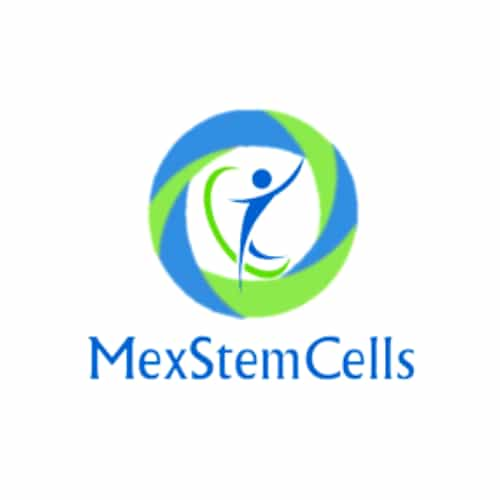
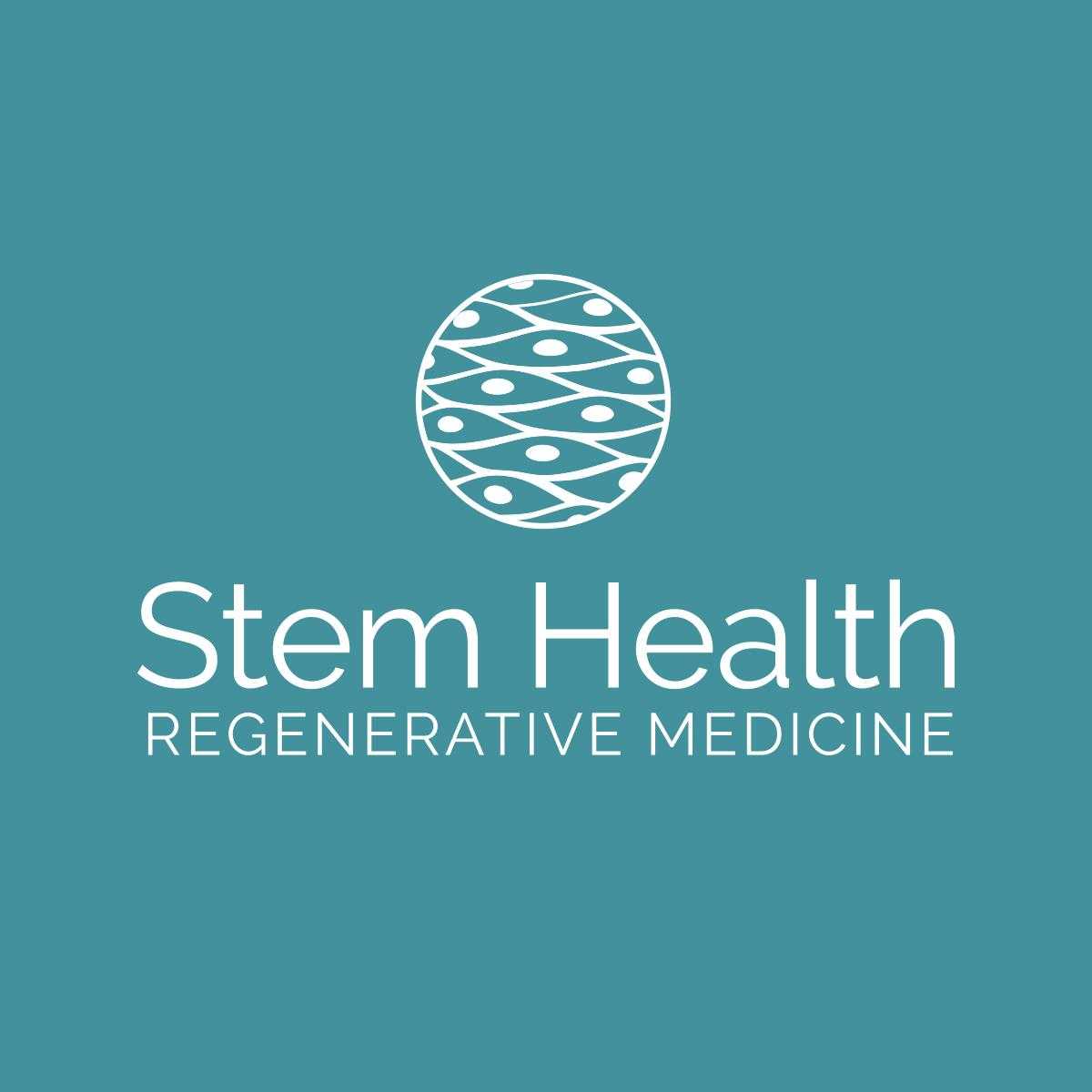
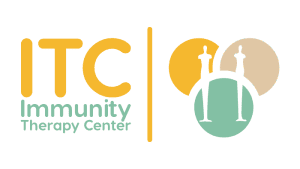
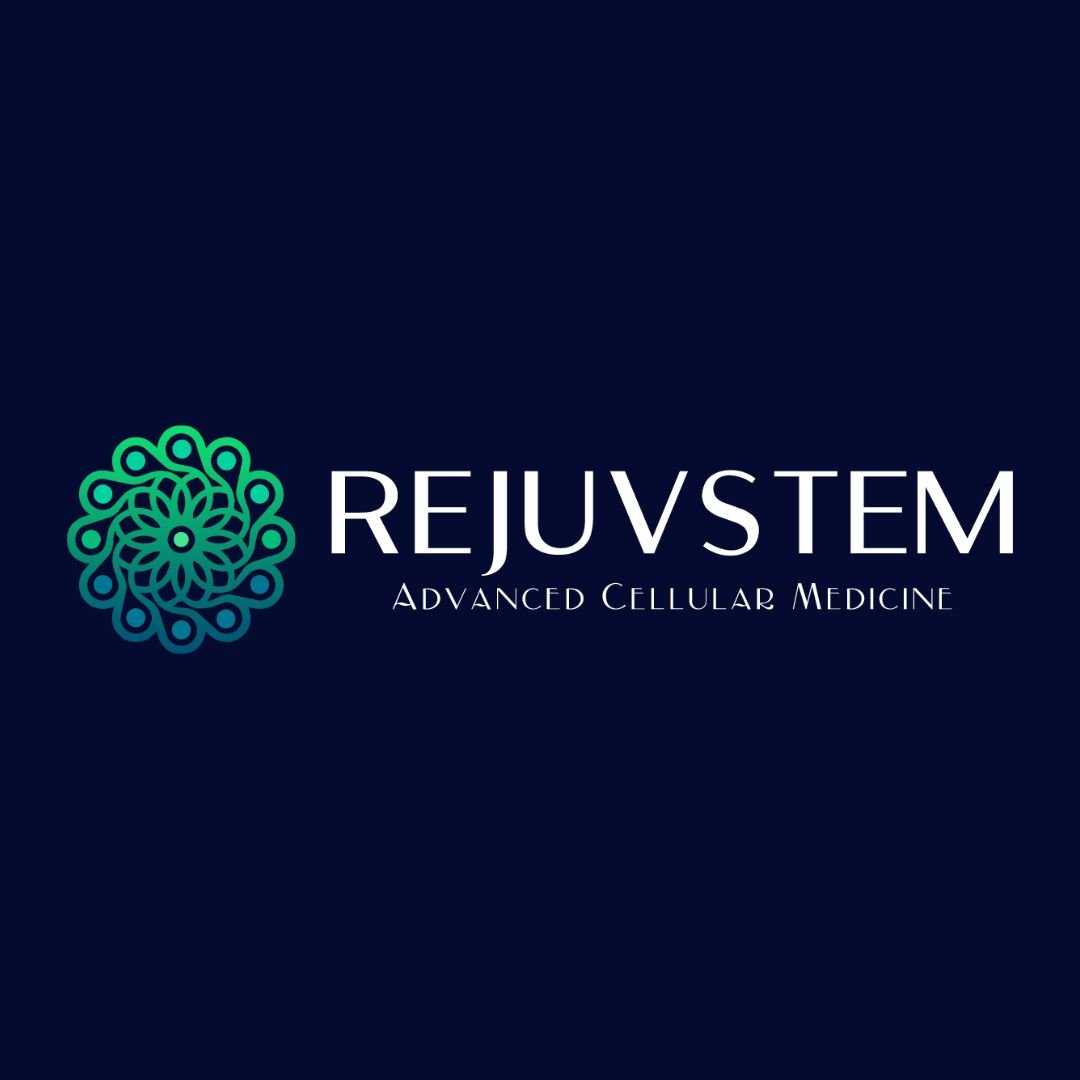
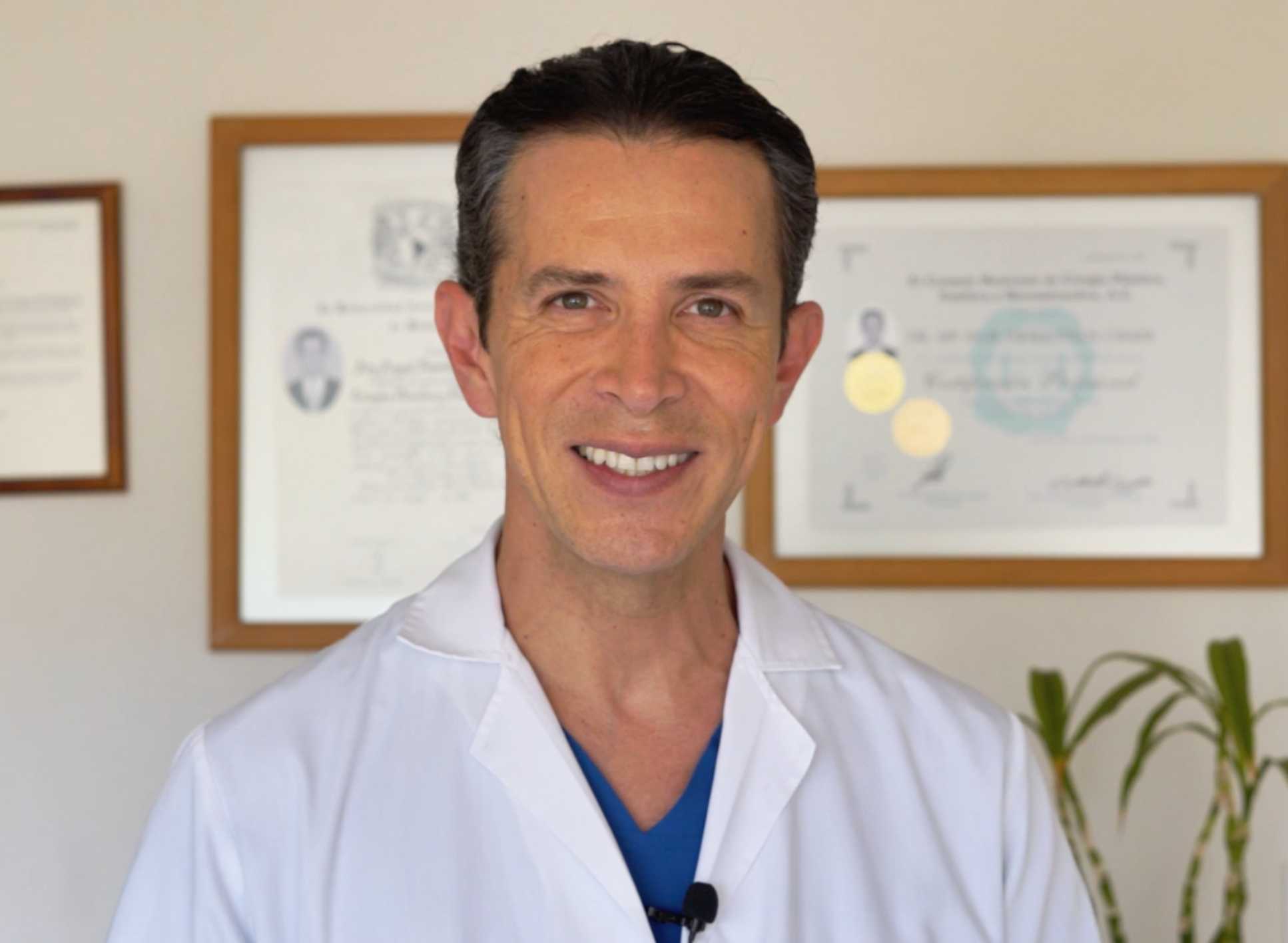

Share this listing